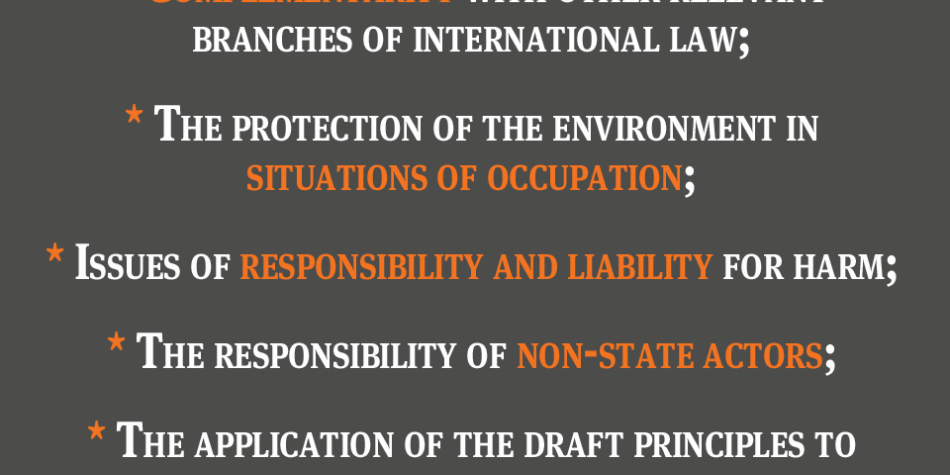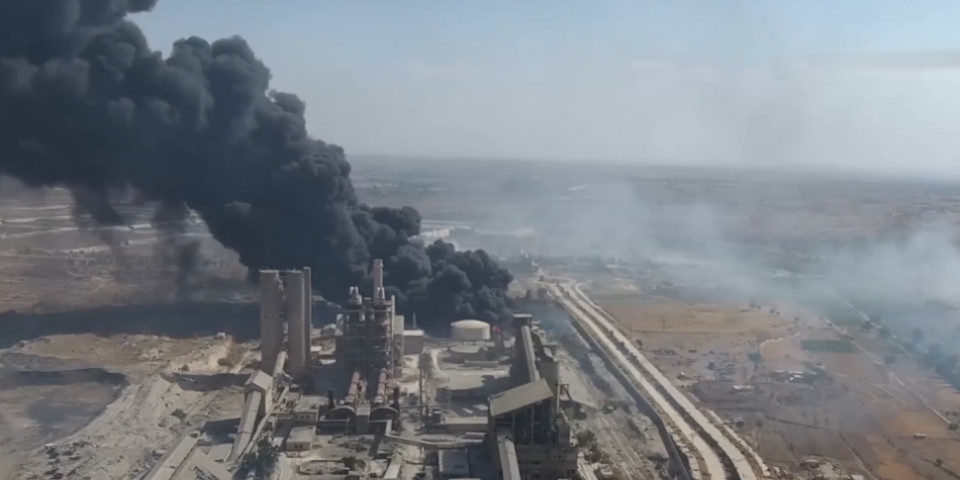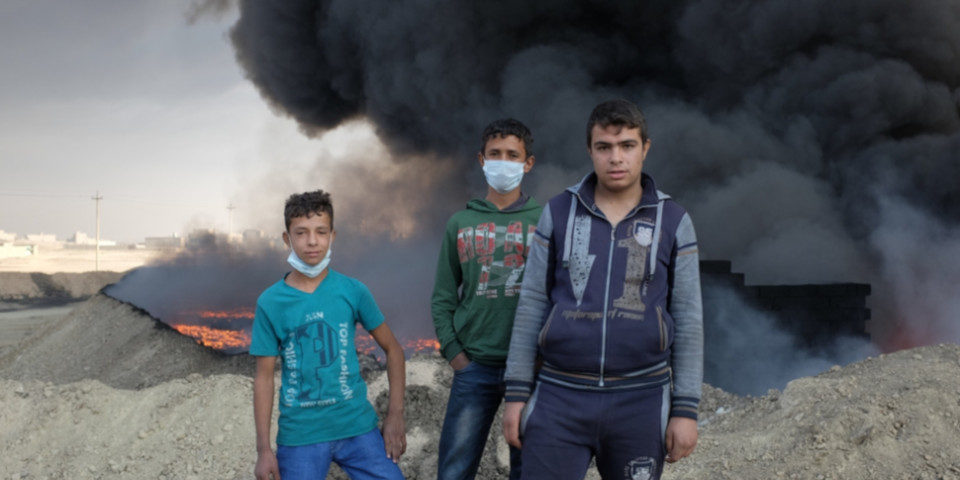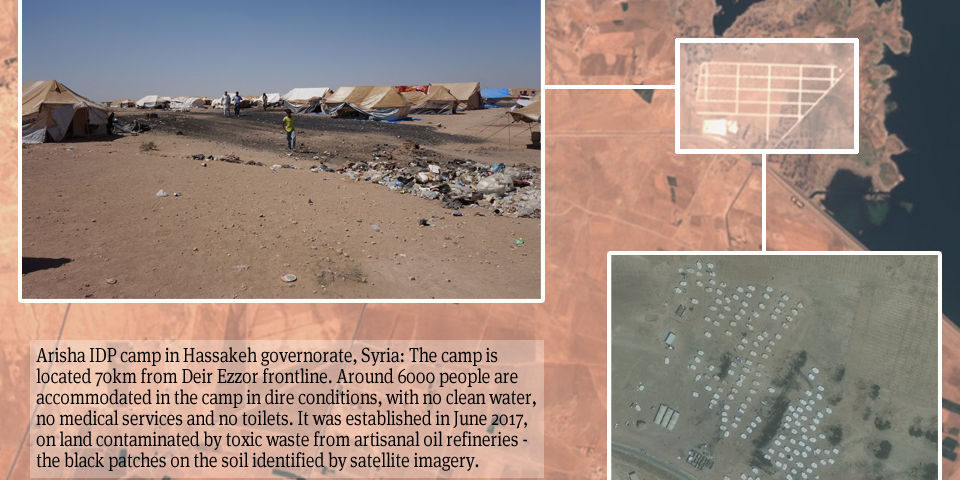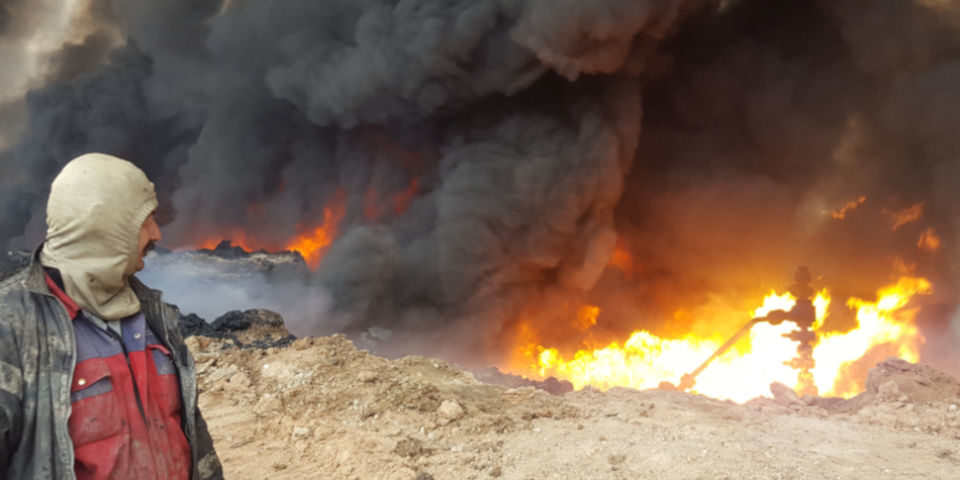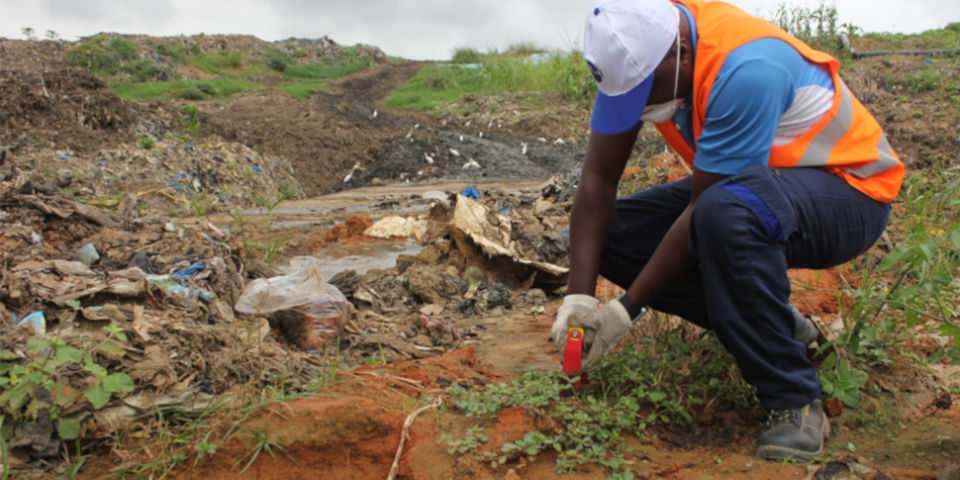Momentum continues to grow in UN study on laws protecting environment in conflict
Governments at the UN General Assembly’s Sixth Committee have welcomed the continuation of the International Law Commission’s study into the legal framework protecting the environment in relation to armed conflicts. However, while there was near universal support for the study, its scope, priorities and eventual outcome are all still subject to debate.

